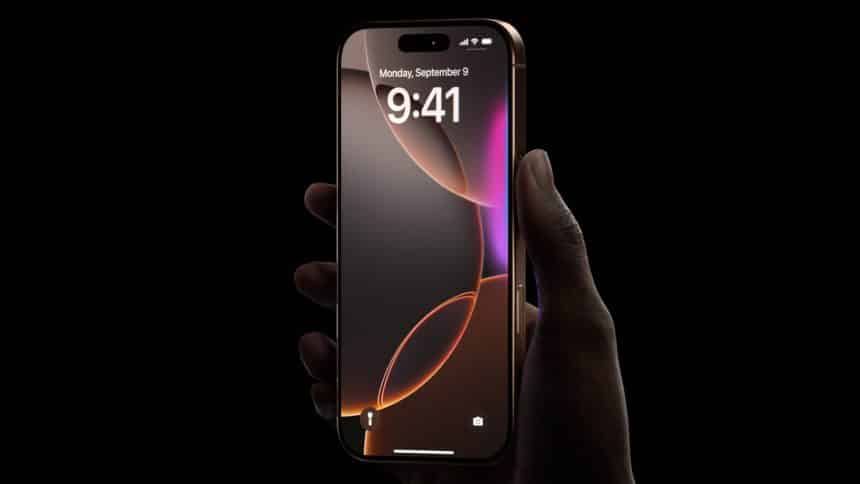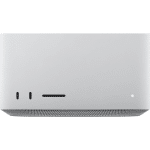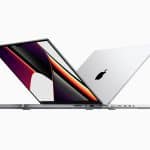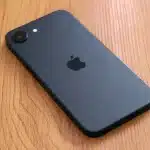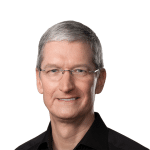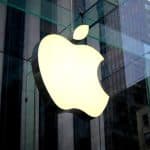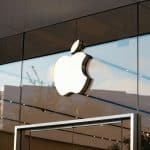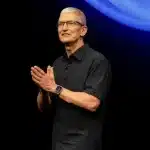Corning has reached an agreement with the European Commission to resolve concerns about anti-competitive practices. The glass manufacturer faced scrutiny for using exclusive contracts and rebates to secure market dominance. These practices allegedly blocked rival glass makers from competing in the smartphone and tablet market.
The company will now waive all exclusive clauses in its current and future agreements. It also pledged not to impose sourcing requirements tied to discounts or pricing advantages. This move applies to the European Economic Area and comes with global restrictions as well.
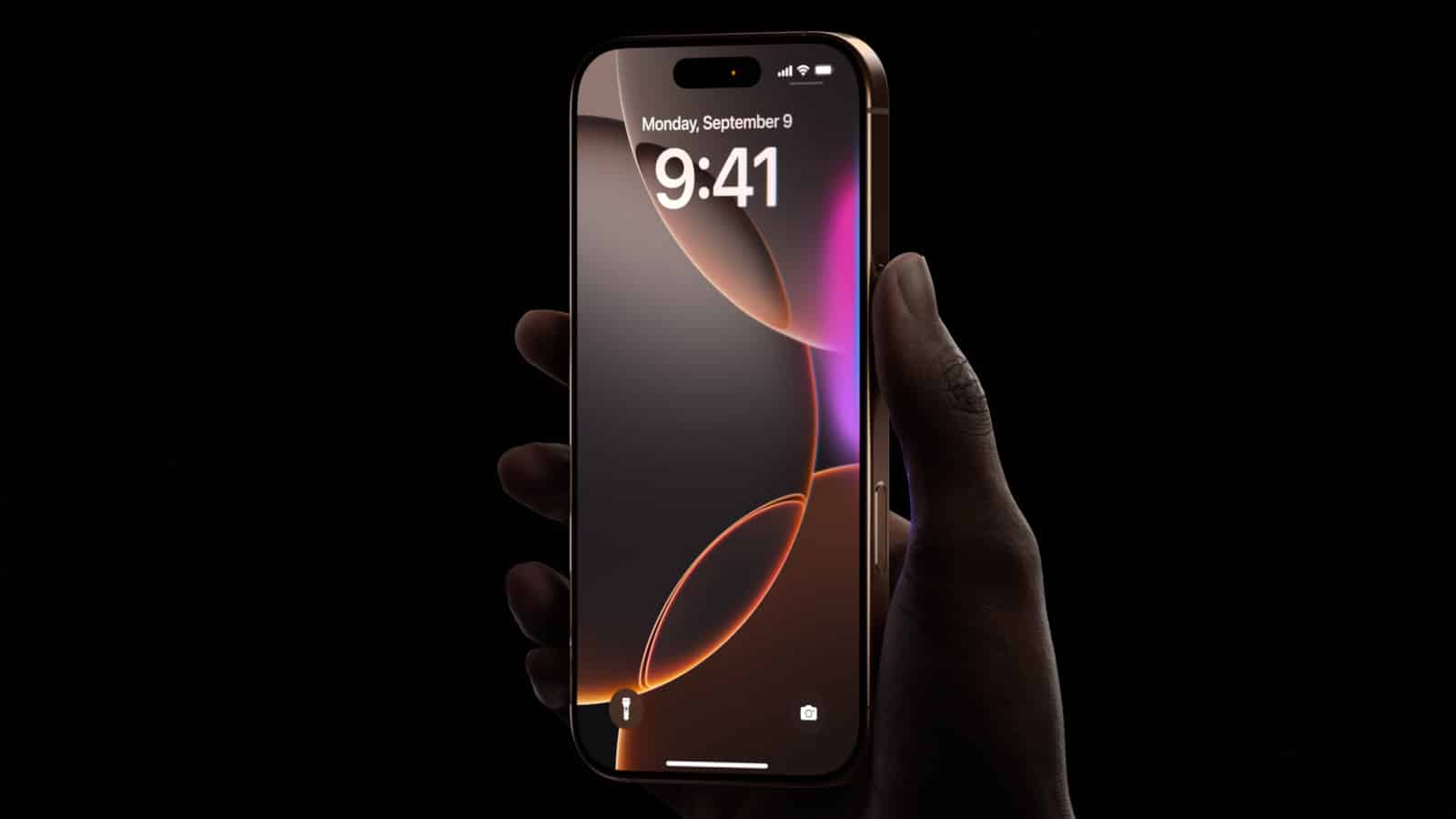
Apple’s Gorilla Glass Remains Exempt
Apple products, including iPhones and iPads, will not be affected by these changes. The EU determined that Apple uses a unique version of Gorilla Glass developed in collaboration with Corning. This custom glass, designed for enhanced durability and performance, falls outside the contested agreements.
Apple has long supported Corning through research grants, funding advancements in tougher and more scratch-resistant glass. Corning is also rumored to be working on glass technology for Apple’s future folding devices.
Nine-Year Commitment and Oversight
Corning’s agreement includes a nine-year commitment with oversight by an independent trustee. The company must also inform all existing partners of the new terms in English or Mandarin. Additionally, Corning agreed not to reinforce patent claims through contractual penalties, limiting enforcement strictly to infringement cases.
This compliance shift could reshape how glass suppliers work with manufacturers, though Apple remains insulated from immediate impact. The upcoming iPhone 17 is expected to feature a next-generation Corning glass, promising even better scratch resistance and anti-reflective properties.
